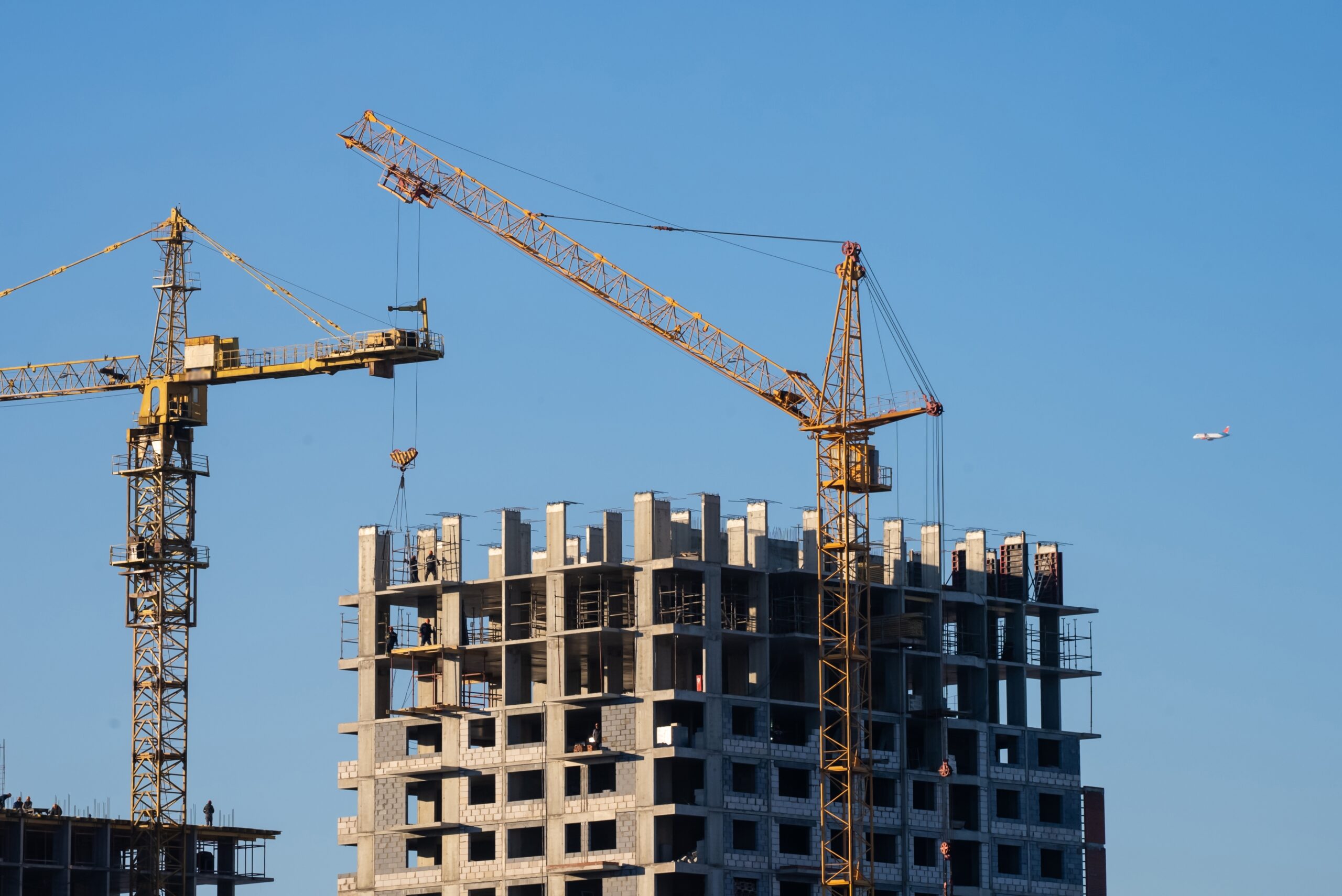Subscribe
If your business is looking for ways to limit the devastating impact of the COVID-19 pandemic, then taking the step of standing down your staff may be an option of last resort
As a society, we are all experiencing unprecedented and challenging times as a result of the coronavirus outbreak. We are grappling with the uncertainty of what lies ahead for the society, the economy and the world. We’re trying to stay updated with ongoing government directions and restrictions. In turn, these restrictions have affected Australian businesses.
Employers who are seeking ways to mitigate or limit their financial loss will be considering options to reduce the financial distress to their business during this difficult time. One of the many options available to employers is to stand down its employees without pay.
What does it mean to stand down an employee?
Under the Fair Work Act, there are limited circumstances in which an employer can stand down its employee without pay. In light of the COVID-19 pandemic, an employer can stand down its employee:
if the employee cannot be usefully employed due to a stoppage of work for any cause for which the employer cannot reasonably be held responsible.
The Federal and State government business restrictions mean that many businesses are faced with:
- Reducing their hours of business
- Temporarily closing to help reduce the spread of COVID-19
Either way, employees’ positions may no longer be useful during this period and standing down employees without pay would likely be deemed reasonable in such cases.
An example is the business restrictions on fitness centres across the country. Gyms have been asked to temporarily close down to help prevent COVID-19 transmissions within the community. As this is a government order, the closure is out of the employer’s control and therefore gym employees can no longer be usefully employed (for example, to provide customer service and maintain gym equipment). Standing down the employees without pay is deemed reasonable in accordance with the provisions of the Fair Work Act.
Other reasons for standing down employees
Self-quarantine may also cause stand downs. For example, if a significant number of employees in a business are self-quarantining, this may affect the ability of the other employees to work. If such employees (although not in self–quarantine) can no longer carry out their duties or perform work due to the self-quarantine of other employees it is possible that they can no longer be usefully employed.
Purpose of the stand down provisions in legislation
The purpose of the stand down provisions in the Fair Work Act is to relieve the employer from paying wages while the employee is not being usefully employed. This is to both:
- Protect the employer’s business from further financial distress and loss
- Protect the employee’s position (prevent redundancy) so that when the business does eventually resume operation, the employee can return to work
It is important for employers and employees to check the relevant awards, enterprise agreements and contracts that may apply in relation to standing down without pay, noting that the Fair Work Commission has made changes to most Awards on 1 April 2020 of its own volition, to allow eligible employees to take pandemic leave if required.
Is there a requirement to give formal notice of stand down?
The Fair Work Act doesn’t impose any formal requirements or directions about how an employer must give notice of stand down, however there are often terms in the Modern Awards which require consultation by an employer with its employees about major workplace changes before the changes are introduced. It is therefore advisable, where practical, to put the notice of proposed stand down into writing and give to employees and consult with them about options prior to the stand down being implementing.
How the employer advises employees will depend on the circumstances, including:
- Any relevant terms of the employment instrument; and/or
- Any relevant workplace policies
Things to keep in mind when considering employee stand down
- The employer must consider all other options, including remote work
- The employee will remain employed during the period of stand down
- There must be a clear stoppage of work
- The employee is stood down because they can no longer be usefully employed by the employer in any capacity. In other words, this is not limited to only the work an employee usually performs
- Employees may elect and are entitled to take any accrued paid leave as an alternative to being stood down without pay
Will employee leave entitlements continue to accrue?
Yes, the employee’s leave entitlements will continue to accrue during the duration of the stand down.
Limitations on Employee Stand Down
Some classes of employees cannot be stood down. They include:
- Casual employees
- Employees affected by specific terms of an enterprise agreement or employment contract
- Employees authorised to take leave or other absences, for example annual leave and sick leave
A final word about stand downs
It is important for employers to ensure that the option to stand down an employee is given careful consideration and exercised correctly as any unlawful stand down of an employee may entitle the employee to recover unpaid wages for the relevant period. It is difficult to know how the Fair Work Commission will deal with any claims made by employees challenging the right of the employer to implement a stand down arising from the COVID 19 pandemic.
DISCLAIMER: We accept no responsibility for any action taken after reading this article. It is intended as a guide only and is not a substitute for the expert legal advice you can get from marshalls+dent+wilmoth and other relevant experts.
Subscribe




